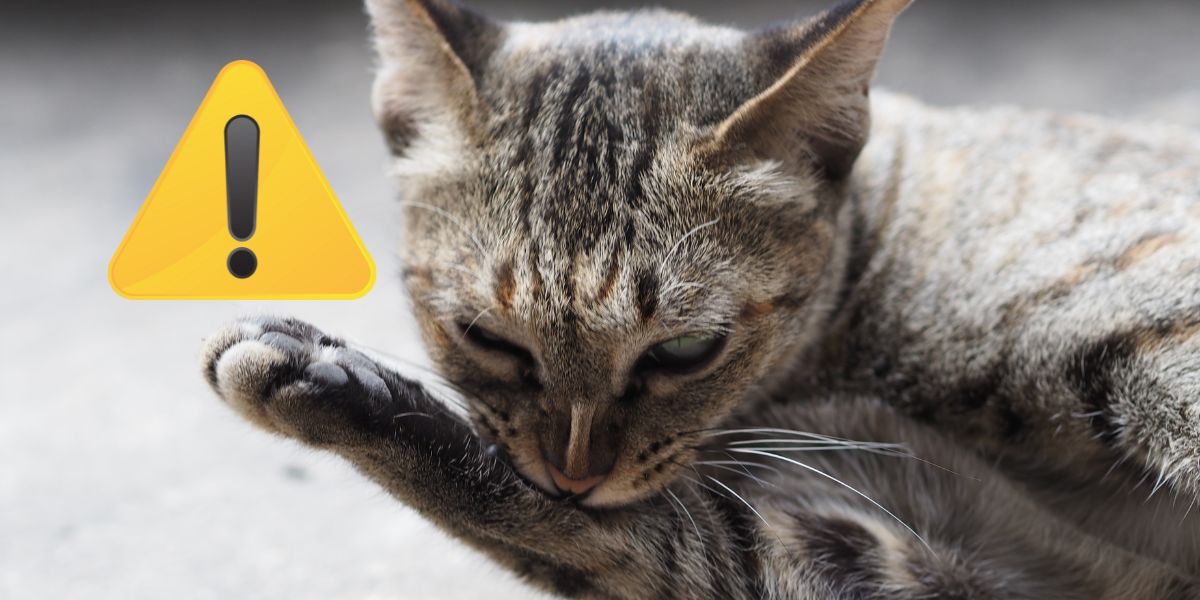Identifying the Top Causes of Cat Hair Loss
Hair loss in cats can stem from multiple factors, including stress, dietary issues, and medical conditions. It's essential to pinpoint the cause to provide the most effective solution for your furry companion.Stress-Induced Hair Loss
Cats, like humans, can experience stress from changes in their environment or daily routine. Stress can lead to hair loss as they resort to over-grooming or chewing their fur to cope with their anxiety.Skin Disease and Infections
Cats can suffer from various skin diseases, resulting in inflammation, itching, and hair loss. Infections, allergies, and mite infestations can also lead to similar symptoms and discomfort.Dietary Deficiencies
Poor nutrition can lead to hair loss in cats due to insufficient vitamins and minerals essential for maintaining a healthy coat.Underlying Medical Conditions
Certain medical conditions, such as thyroid problems or allergies, can also cause hair loss in cats.Recognizing Stress in Cats
If you suspect stress might be causing your cat's hair loss, keep an eye out for these signs:Soiling outside the litter box
Destructive behavior
Over-grooming, chewing, or licking their fur
Hiding or avoiding interaction with people and other pets
If your cat displays any of these behaviors, consult a veterinarian to rule out other medical issues and discuss possible stress-relief strategies.
Detecting Skin Disease in Cats
Recognize the signs of skin disease in cats to address the issue promptly:Bald spots
Flaking or scaling skin
Thickened skin
Inflamed patches, scabs, or lesions
An oily coat and dandruff
If your cat shows any of these symptoms and is not responding to flea treatments, consult your vet for an accurate diagnosis and appropriate treatment.
Proactive Solutions to Prevent Hair Loss in Cats
If your cat is experiencing hair loss, it's crucial to seek professional advice from a veterinarian. They can help identify the underlying cause and recommend a tailored treatment plan. To support your cat's overall wellbeing and prevent future hair loss, consider the following tips:Maintain a stress-free environment with plenty of stimulation and hiding spots.
Offer a balanced, nutritious diet to support their coat's health.
Ensure regular exercise and playtime to minimize stress and anxiety.
Establish a grooming routine to help maintain a healthy coat and detect any issues early.
Share this article with fellow cat lovers to help raise awareness about the potential causes of cat hair loss and how to provide the best care for our feline friends. By sharing our content, you support our mission to reach more readers and make a positive impact on pet owners' lives.

There are currently no more comments available.